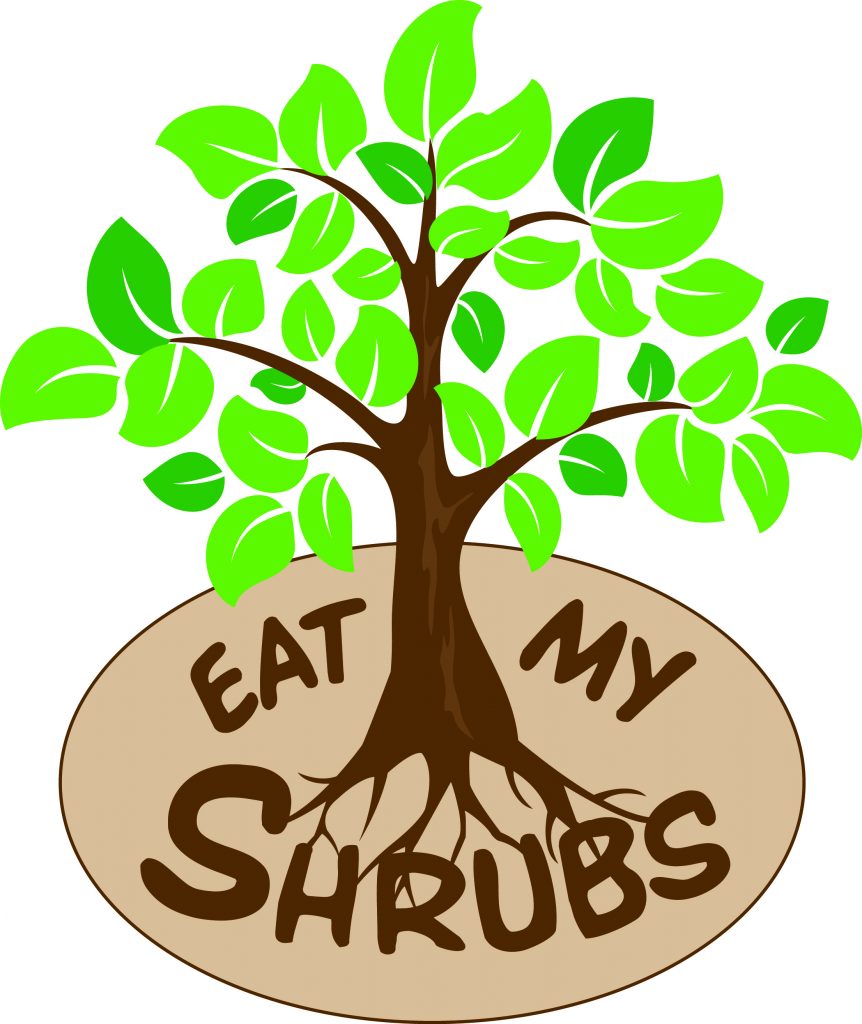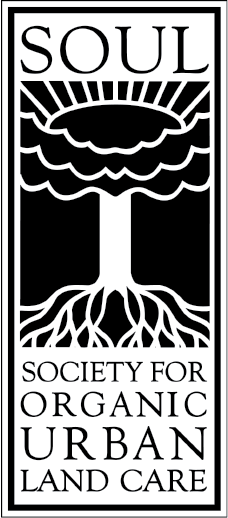Organic & Regenerative LandCare is WAY WAY more than just the products you buy, and the garden group you belong too. It’s a mind set, a way of thinking. An understanding of our place in the garden. (its not at the top.)
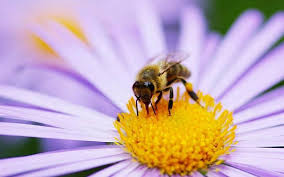
Flowers and trees will grow without the gardener. Try growing them without bees.
“Commercial growers have to meet strict standards to become certified, but for the home gardener, organic gardening is more loosely interpreted, and mainly it assumes that you are growing your produce without the use of pesticides. It also implies that you are replenishing your soil with organic matter, so that it can support future crops without it becoming depleted.” – June Flanagan
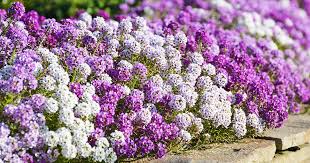
Using Organic and Regenerative landcare practices on our lawns and gardens. Coupled with a better understanding about what goes into our body. We create a cleaner and healthier space to live. Do not try to control Mother Nature. Try instead to understand what the garden is telling us.

For example,
The soil is compacted beside the garage, that is why the dandelions are there; or,
The tomatoes are all plant and no tomato. It could be the calcium level in the soil is high, but the phosphorus or magnesium level is low.
Most of the issues in the garden have their solution in bringing the soil to a balance that is beneficial. To the plants and the microbiology. That is going to be different in different areas of the garden. Which is another reason for companion planting, crop rotations and using plant guilds.
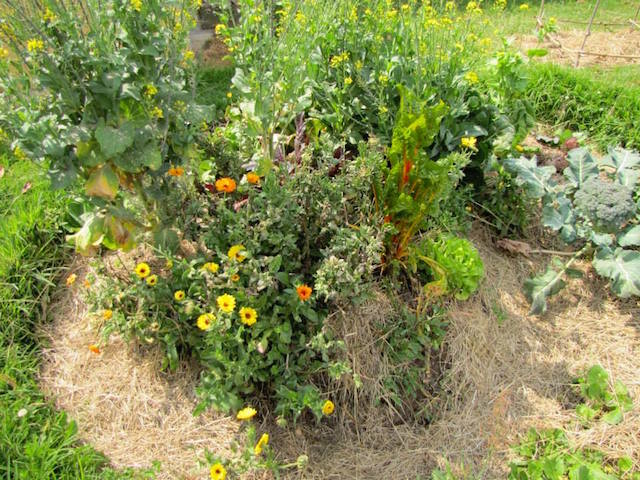
We need to give back to the soil.
Composting our food and yard waste and mulching grass clippings and fallen leaves. Naturally giving the soil the nutrients that it needs in a form that is available to the plants and microbiology in the soil.
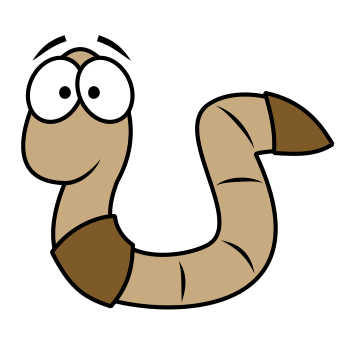
To do that, it is necessary to look at our outdoor space more as ecosystems, and less as an extension of the living room. Though don’t get me wrong I like the idea of a hot tub.
There is a whole other life system beneath our feet, in the soil. There are organisms that can help us in so many ways, with so many things, if we would just give them a chance to thrive.
Think about Organic LandCare this way
Back in the 1700’s, Antoine Lavoisier…..
this guy…..

Stated that “matter can not be created or destroyed, only changed from one form to another”.
This means that every molecule and atom in us has to come from somewhere else first, right? Mainly, the food we eat, which comes from the soil.

Organic matter, be it food waste, yard waste or whatever, is broken down (eaten) by microorganisms. Whose waste and is digested by smaller beings, whose waste is digested by smaller beings, whose waste is…well you get it.
Until we get humus, which is organic matter than can no longer be eaten and excreted. Basically nutrients in a natural state.

Organic matter (or whatever you want to call it) is placed on the ground, where it is decomposed by little organisms. Mycorrhizal fungi (fungus that grows in and around plant roots) plays the major role, but there are many players. The plants in turn use those minerals and nutrients to grow stronger and ward off pests. At the end of the plants growth cycle, in nature at least, the plant (or part of it) falls to the ground and the cycle continues.
So it is important that if we are going to be part of this cycle, that we are part of the CYCLE.
If we interrupt the growth cycle by mowing our lawn or harvesting our garden, then we have to put those nutrients back into the soil for future plants to use.
It comes down to this.
We feed the soil…
The soil feeds the plants…..
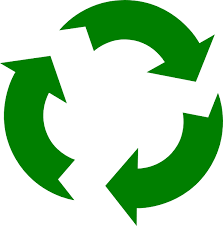
The plants feed us……
and so on….
“Feeding” the soil and treating our space “organically” (or in a way that regenerates life), can seem daunting these days. I get it. So many products and processes claim to be “organic”, or “natural”. Things that are not organic claim to be the easy or quick fix. A person really has to do their research on the products they buy. This is especially true when purchasing anything new for your garden. A lot of green packaging out there.
Compost and compost tea are an organic gardeners best friends. A supply of nutrients and beneficial microorganisms in concentration, but readily available to the plants. Waste reduction and keeping food and yard waste out of the landfills. Therefore, adding compost has many benefits.
Other Easy Organic LandCare Practices to start with:
Rainwater collection is huge. The amount of money and municipal water spent on irrigating lawns and gardens is ridiculous. The amount of rainwater and snow that falls and quickly drains off our urban properties in a year, is more than enough to supply our outdoor water use.
Groundcover keeps the moisture in the soil and protects the plant roots, and all the biology in, and on the surface of, the soil. This will lead to using less water in the end as the loss to evaporation goes down.
Organic LandCare principles teach the best way to cover the ground is with life.
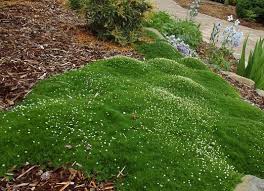
Plants….living plants.
The difference even a thin cover has on the soil. Retaining moisture in the soil is literally the difference between life and death for many beneficial soil bound organisms. So, as a soil guy, I can’t say enough about ground cover.
In nature bare ground does not stay bare very long. Nature does not like bare ground. So if we don’t cover the ground with living plants, Mother Earth will and, she will do it with plants of her liking, not ours.
Pioneering Species
They are called pioneering species. Most people call them weeds. They are the plants that are pioneering the soil, to make it better for other more delicate plants to follow. The taproots like dandelions, and other plants that grow where nothing else will. Therefore, learning what these plants can tell us about the soil they are in is most valuable. Because improving the soil is the only real way of getting those plants to “pioneer” somewhere else.
Mulch. The next best thing to living plants are dead ones. Parts of dead ones at least. Bark mulch, grass mulch, leaf mulch, what have you. This organic matter will break down and help improve the soil and soil life, so Mother Nature will fill that space with living plants you both like, as the soil improves.
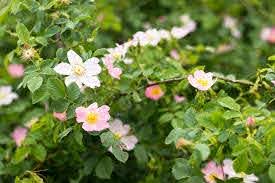
Planting native species for your area has a number of benefits. Native species communicate better with native pollinators. They are more resistant to local issues such as diseases, and used to the local climate etc.,
One Last Organic LandCare Tip.
Some of the bugs we see in the garden that we think are “pests”, are there to eat the actual bad bugs. Known as beneficial predators, they (and their equally misunderstood friends, the plant eating organisms) are actually part of the delicate balance in the garden. Now I know we think we understand them, they are eating our crops, but there are more to these little bugs than meets the eye.

Check out more tips. Click the logos and follow the links.
